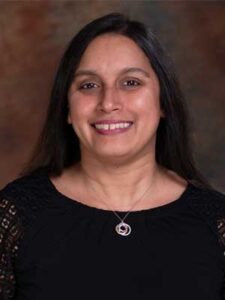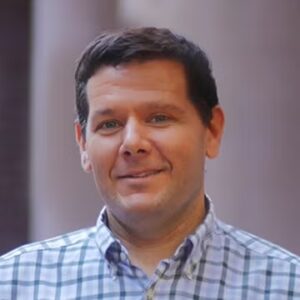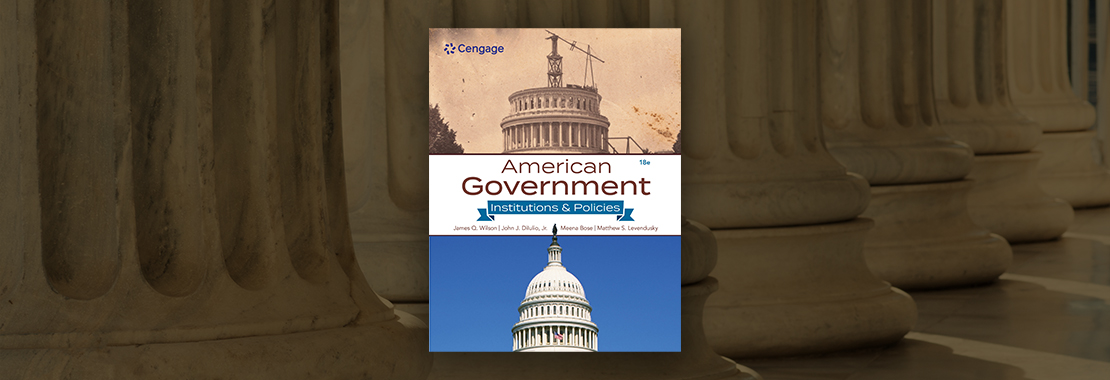Political science is a dynamic and exciting field with many equally exciting career opportunities for college graduates. And according to the U.S. Department of Education’s National Center for Education Statistics, the median salary in 2018 for all 25- to 29-year-olds with a bachelor’s degree in political science was $50,600 — the overall average for all bachelor’s degree holders.
As the co-authors of “American Government: Institutions & Policies,” 18e, we’ll focus this article on what political science is, how the major prepares students for future success and the various career fields they can pursue.
What is political science?
Political science is the study of how individuals, organizations and institutions debate, enact and implement public policies. Undergraduates learn how the American political system was created in the late eighteenth century and how it has evolved with important structural changes into the twenty-first century.
The major that sets students up for career-readiness
Political science majors develop important career-readiness skills while taking courses on government and politics.
As students study this material, they learn how to think critically about the origins of American government and how those lessons apply to today’s politics. They engage with primary source materials, including the U.S. Constitution and “The Federalist Papers,” using them to craft an original argument. In many classes, students also analyze both quantitative and qualitative data. These are all skills that are in high demand from today’s employers.
Lessons learned in American Government: Institutions & Policies, 18e
In classes studying federalism and the Constitution, topics that are covered in chapters two and three of our textbook, “American Government: Institutions & Policies,” 18e, students analyze primary sources and consider how the nature of federal and state power has evolved over the course of U.S. history.
In courses on public opinion, mass media and elections, discussed in chapters 7–12 of the textbook, students often use data on election returns and public opinion polls to understand Americans’ preferences, and how those beliefs shape which candidates win their elections.
In classes on policymaking, a topic covered in chapters 17–19, they analyze budgets and spending, or quantitative data. By studying legislative debates and presidential memos, or qualitative data, students better understand why we have certain policies and their effects. A political science degree provides a strong, well-rounded education.
Post-grad applications
After graduation, political science majors may pursue many different careers in politics, law, government and related fields. Here is just a sampling of those included:
Law and Criminal Justice
Political science remains one of the best pathways to a career in law and other related areas. Graduates can become lawyers, judges, police officers or even work in government agencies. Courses on the Constitution, the judicial system and the Supreme Court provide students with important skills needed for law school and a legal career. Courses on the politics of criminal justice can provide the background needed for jobs working for police departments or government agencies that deal with public safety.
Corresponding textbook chapters on these topics: Chapters 5 and 6
Public Administration
Many political science graduates go on to work for local, state and federal government agencies. Coursework about bureaucracy, as well as law, can help students prepare for these types of careers. These roles can range from working on climate change initiatives to helping provide health insurance to a state’s citizens to assisting Congress with research on policy issues and legislation drafting.
Corresponding textbook chapter on this topic: Chapter 15
Foreign Service
If students are passionate about foreign policy and politics outside of the United States, then a career in the foreign service might be for them. The U.S. State Department employs thousands of people both in the U.S. and around the globe. If these positions interest students, they may be required to take the Foreign Service Officer Test.
Corresponding textbook chapter on this topic: Chapter 19
Nonprofit Organizations
Many political science graduates also work in the not-for-profit sector. A knowledge of how to work with government is often very helpful because many U.S.-based non-profits receive much of their budgets from government grants. Likewise, many political scientists also work for international organizations.
Campaigns and Polling
Political scientists play many roles in these fields. Some work directly with campaigns. Others work as pollsters or strategists, both for campaigns, but also for media organizations.
Many political science students also build data science skills, given the explosion of available data about politics, especially in polling and elections. Data skills also present a range of job opportunities. Many non-profit and government agencies hire data analysts who understand politics, as do many for-profit companies.
Corresponding textbook chapters on this topic: Chapters 7, 8 and 10
Business and Government Affairs
Many political science students work for companies large and small in a variety of roles. Chief among these is working in the government affairs division. Many companies have staff members who lobby Congress, government agencies and state legislatures about key pieces of legislation. And many political science majors decide to pursue a career in elected office.
Corresponding textbook chapter on this topic: Chapter 11
Written by Meena Bose, Ph.D. of Hofstra University and Matthew Levendusky, Ph.D. of University of Pennsylvania
 Meena Bose Ph.D., is Executive Dean for Public Policy and Public Service Programs, Peter S. Kalikow School of Government, Public Policy and International Affairs, and Director of the Peter S. Kalikow Center for the Study of the American Presidency, at Hofstra University. She also is Professor of Political Science and the Peter S. Kalikow Chair in Presidential Studies.
Meena Bose Ph.D., is Executive Dean for Public Policy and Public Service Programs, Peter S. Kalikow School of Government, Public Policy and International Affairs, and Director of the Peter S. Kalikow Center for the Study of the American Presidency, at Hofstra University. She also is Professor of Political Science and the Peter S. Kalikow Chair in Presidential Studies.
 Matthew Levendusky, Ph.D., is Professor of Political Science, as well as the Stephen and Mary Baran Chair in the Institutions of Democracy at the Annenberg Public Policy Center. He also holds a secondary (courtesy) appointment in the Annenberg School for Communication. He was previously the Penny and Robert A. Fox Director of the Fels Institute of Government (2018-2023), Distinguished Fellow in the Institutions of Democracy at the Annenberg Public Policy Center (2017-2019), as well as graduate group chairperson (2013-2018), associate professor (2013-2018), and assistant professor of Political Science at Penn (2007-2013), as well as a postdoctoral research associate at the Center for the Study of American Politics at Yale University (2006-2007).
Matthew Levendusky, Ph.D., is Professor of Political Science, as well as the Stephen and Mary Baran Chair in the Institutions of Democracy at the Annenberg Public Policy Center. He also holds a secondary (courtesy) appointment in the Annenberg School for Communication. He was previously the Penny and Robert A. Fox Director of the Fels Institute of Government (2018-2023), Distinguished Fellow in the Institutions of Democracy at the Annenberg Public Policy Center (2017-2019), as well as graduate group chairperson (2013-2018), associate professor (2013-2018), and assistant professor of Political Science at Penn (2007-2013), as well as a postdoctoral research associate at the Center for the Study of American Politics at Yale University (2006-2007).

